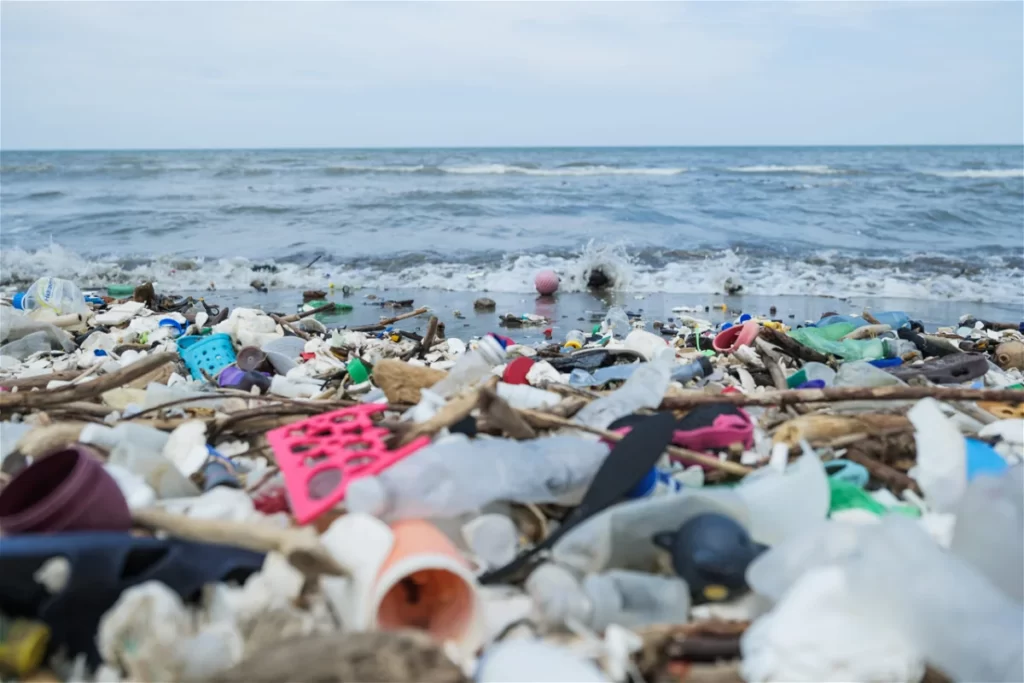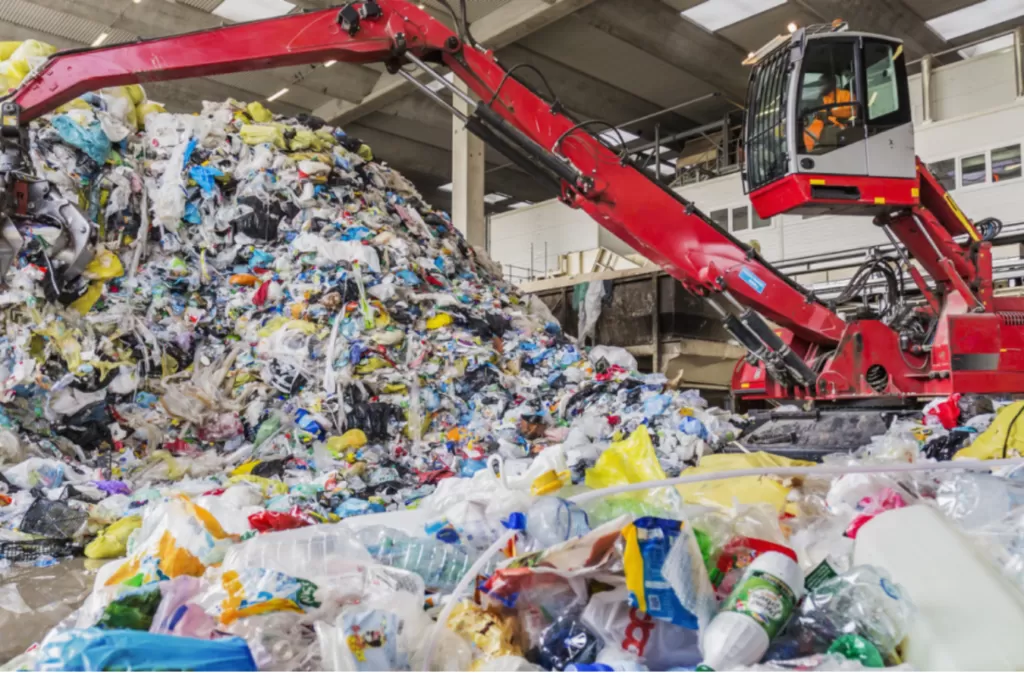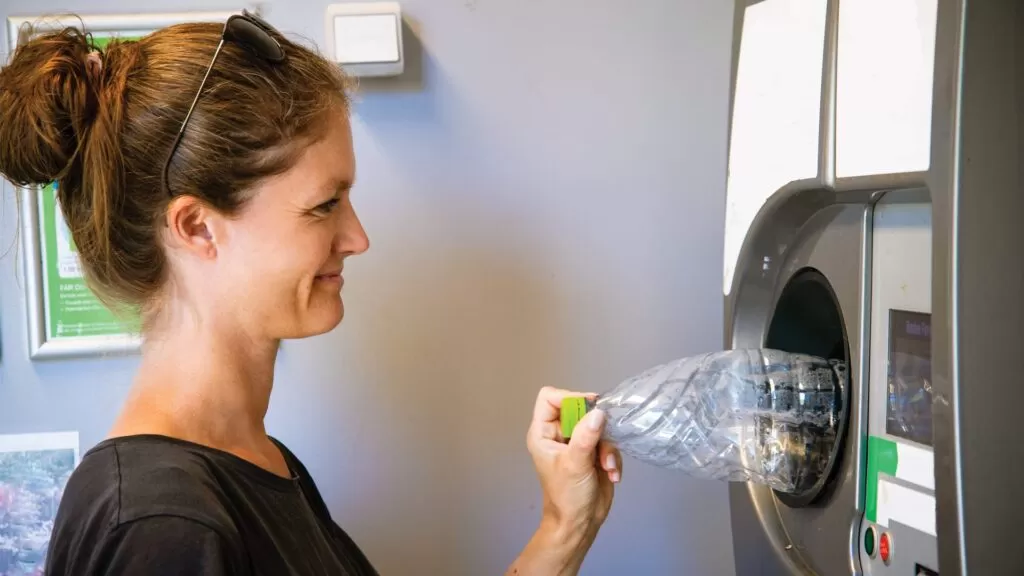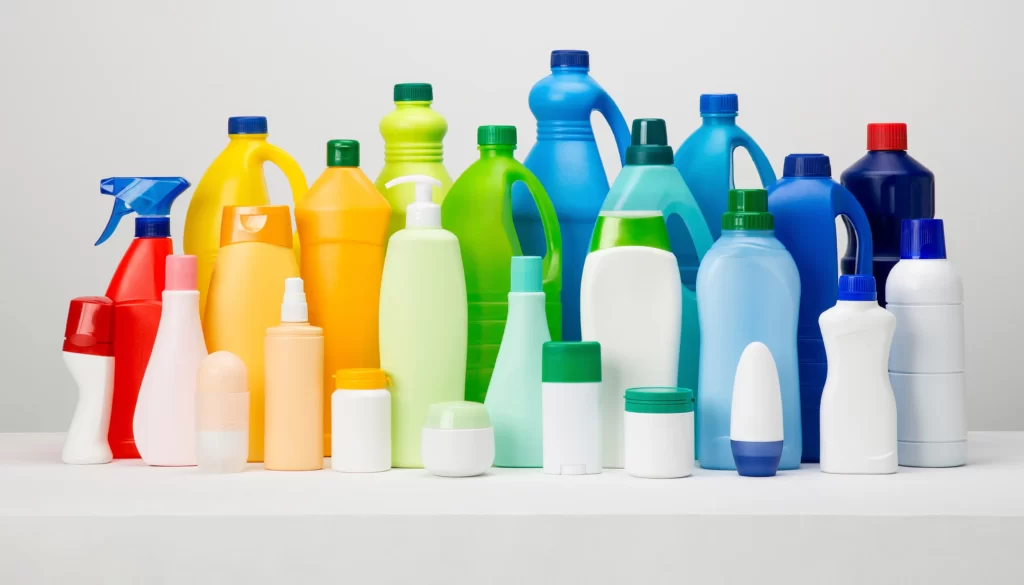Hello there, folks! Jacky Zhang here, CEO of Amige, and today we’re setting our sights on the plastic recycling landscape in Honduras. In this blog post, we’ll delve into the current state of plastic recycling in this beautiful Central American country and explore some strategies to combat the plastic pollution problem. So, let’s roll up our sleeves and get down to business!
The Plastic Predicament in Honduras

Honduras, like many other countries, faces a significant challenge when it comes to plastic pollution. Plastics, especially single-use plastics, have infiltrated every corner of the country, from pristine beaches to bustling cities. Plastic waste is not just an eyesore; it poses a severe threat to the environment and public health.
The Current State of Plastic Recycling
Honduras has made some strides in plastic recycling, but there’s still much work to be done. As of my last update in 2022, the plastic recycling rate in Honduras was relatively low, hovering around 10%. This means that a vast majority of plastic waste ends up in landfills or worse, littering the environment.
Tackling the Plastic Pollution Problem
Now, let’s shift gears and discuss how Honduras can take meaningful steps to combat plastic pollution and boost plastic recycling efforts.
1. Establishing a Comprehensive Recycling Infrastructure

One of the primary strategies is to establish a comprehensive recycling infrastructure. This includes setting up collection points and recycling facilities across the country. These centers would act as collection hubs for plastic waste, making it convenient for citizens to recycle.
2. Raising Public Awareness
Raising public awareness is key to changing behaviors. Honduras can launch educational campaigns to inform citizens about the importance of recycling and the environmental consequences of plastic pollution. Engaging school programs and community initiatives can help spread the message effectively.
3. Implementing Plastic Bottle Deposit Schemes

Implementing plastic bottle deposit schemes is a proven method to encourage recycling. It involves adding a small deposit fee to the price of bottled beverages, which customers can reclaim when they return the empty bottles. This incentivizes recycling and reduces litter.
4. Encouraging Plastic Alternatives
Honduras can also promote the use of alternative materials to plastic, especially for single-use items. Encouraging businesses and consumers to opt for eco-friendly options like paper, glass, or reusable containers can significantly reduce plastic consumption.
The Role of Businesses in Honduras
As the CEO of Amige, I believe that businesses have a crucial role to play in addressing plastic pollution. Here are some steps that companies in Honduras can take:
1. Sustainable Packaging

Businesses can switch to sustainable packaging options, minimizing their reliance on single-use plastics. This includes using biodegradable materials or investing in reusable packaging solutions.
2. Collaboration for Recycling
Collaboration among businesses can lead to more efficient recycling efforts. Companies can work together to establish recycling programs and share the cost and logistics of recycling initiatives.
3. Supporting Plastic Recycling Startups
Investing in or supporting plastic recycling startups can be a win-win for businesses. It not only helps address the plastic waste issue but also opens up opportunities for innovative recycling technologies.
The Path Forward
In conclusion, Honduras is at a critical juncture when it comes to plastic pollution. The time for action is now, and it requires a collective effort from individuals, businesses, and the government. By establishing a robust recycling infrastructure, raising public awareness, and encouraging sustainable practices, Honduras can pave the way towards a cleaner and greener future.
As the CEO of Amige, I believe that businesses have a vital role to play in this endeavor. We can lead by example, adopting eco-friendly practices and supporting initiatives that contribute to a more sustainable Honduras.
Let’s join hands and work together to tackle the plastic pollution problem head-on. Our beautiful country deserves nothing less.
